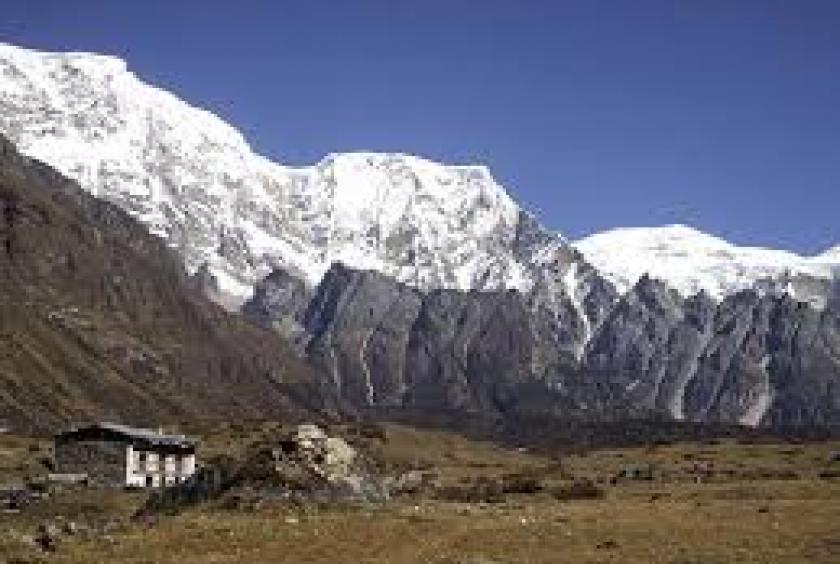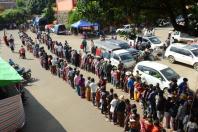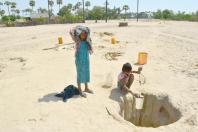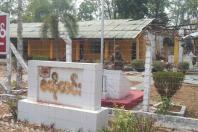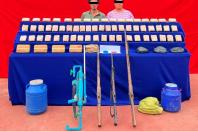In efforts to move countries to pick pace with climate-friendly measures, member countries of the International Centre on Integrated Mountain Development (ICIMOD) are speaking out as one using latest empirical data on climate change.
ICIMOD officials last week conducted a daylong workshop to develop a call for action in Thimphu.
ICIMOD launched a scientific report – Hindu Kush Himalaya (HKH) Assessment: Climate Change, Sustainability and People, earlier this year. The assessment was carried out with an aim to establish the global significance of the HKH and reducing scientific uncertainty on various mountain issues among others. The report tells that the HKH-mountains and the biodiversity are global assets.
ICIMOD Director general David Molden (PhD) said the report brings together all kinds of information and recommendations.
“For us what is important is to go beyond the publication and translate the science or findings into action,” David Molden (PhD) said.
He said a lot of highlanders are moving out of the mountains as conditions deteriorate. If the world fails to take immediate action to reduce the world’s carbon emissions, the mountainous region of the HKH is going to lose more than one-third of its ice by the end of 2100.
“There is a highly vulnerable situation for instance, socio-economic changes leading to challenges for the highland people, there is higher degree of poverty in the mountain areas,” he said.
On top of the vulnerable situation, there is the issue of climate change.
“We are way off the 1.5 degree Celsius that we agreed in Paris and if we continue the present trend of green house gas emissions, temperatures in mountains are likely to go up to 5 degrees by 2100” David Molden (PhD) said.
David Molden (PhD) said that in spite of these changes there are also lots of opportunities such as eco-tourism, safeguarding the biodiversity, and other high-value products.
Participants at the workshop charted out what Bhutan needs to do. “Bhutan had great examples such as promoting organic farming, protecting biodiversity and building ecosystem resilience,” the director said. “Bhutan can play a strong leadership role as a leader in the discussions and I believe that will happen.”
ICIMOD member countries need to come together and raise the concerns as mountain people as one at the UN Summit on Climate Change in September and other international forums, David Molden (PhD) said.
Agriculture secretary Rinzin Dorji said that the country has already embarked upon climate resilient agriculture and climate smart measures are taken.
“For instance, our irrigation schemes are being changed from normal surface canals to piped irrigation. With flash floods becoming frequent, the old irrigation infrastructure are washed away and farming affected,” he said.
“Climate course are introduced in colleges, land is managed with terracing, seeds resistant to cold and drought are being propagated.”
He said that Bhutan is placed high among the ICIMOD member countries because of its strong conservation policies and exemplary leadership.
http://www.kuenselonline.com/telling-the-mountain-story/

